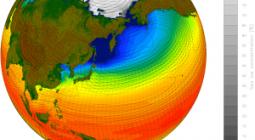What Does 'Scientific Consensus' Mean?
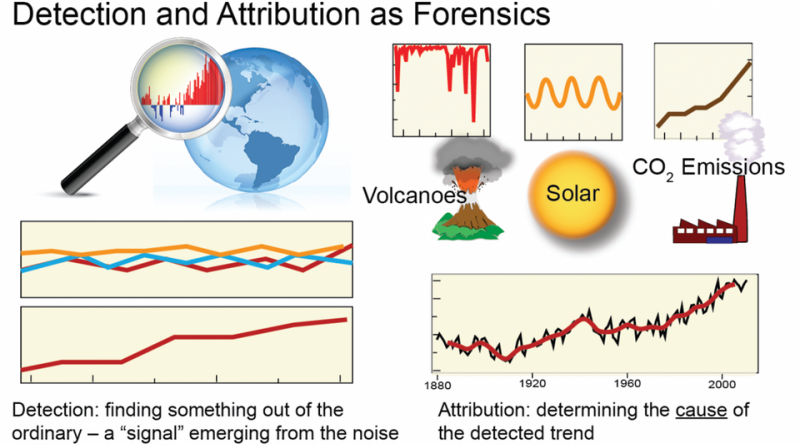
Should we get vaccinated? Fluoridate our water? Fight global warming? Believe in evolution? The Big Bang? Dark matter? It's difficult for many of us to base the answer to these questions on what a nameless, faceless expert tells us, since we like to think we have the capabilities of gathering the relevant information and making up our own minds. Part of having a working mind means having the confidence to gather, synthesize and draw conclusions from the information you can access yourself. To an individual with a working mind, the fact that most people — even if it’s the overwhelming majority of intelligent, informed people — believe in something shouldn’t shape your opinion at all. It’s one of the most valuable traits we possess as human beings.
There are innumerable examples of when people overwhelmingly — perhaps even unanimously — believed something to be true or valid, yet were proven to be wrong by the harsh truths of reality. The fact that there was a consensus did nothing to change the outcome of what the Universe wound up delivering. It’s why, perhaps, regardless of your politics, you can agree with Margaret Thatcher’s definition of “consensus” as quite a dirty word:
Consensus: “The process of abandoning all beliefs, principles, values, and policies in search of something in which no one believes, but to which no one objects; the process of avoiding the very issues that have to be solved, merely because you cannot get agreement on the way ahead. What great cause would have been fought and won under the banner: ‘I stand for consensus?”
Indeed, when groups of people with disparate interests (or, perhaps, politicians in particular) talk about consensus, they’re talking about getting people to agree on a course of action that everyone can live with.

But just as words like “theory” have a very different meaning when a scientist uses it, the word consensus takes on a very different weight when we speak of scientific consensus. There are a few facts I’m going to throw your way, and if you yourself are not a scientist, you aren’t going to like them, but we might as well get the hard part over with:
- In order to become and remain a scientist, you need a four-year degree with a major in your chosen scientific field, a four-to-six-year (on average) Ph.D. degree, where you specialized in a particular sub-field of your science and demonstrated yourself capable of making original contributions, and continued to remain active in the field, staying abreast and even participating in many of the latest discoveries.
- The skills you develop as a scientist are unique to scientists, and the ability to interpret results in the context of your sub-field and what’s known about it is unique to scientists within that sub-field.
- And finally — and this is the most important part — in order to obtain an accurate, nuanced, complete picture of a particular problem or set of problems, you need this incredible set of scientific knowledge and experience that is (in most cases) non-transferrable from one discipline to another.
In other words, unlike in most cases, unless you are a scientist working in the particular field in question, you are probably not even capable of discerning between a conclusion that’s scientifically valid and viable and one that isn’t. Even if you’re a scientist in a somewhat related field! Why? This is mostly due to the fact that a non-expert cannot tell the difference between a robust scientific idea and a caricature of that idea.
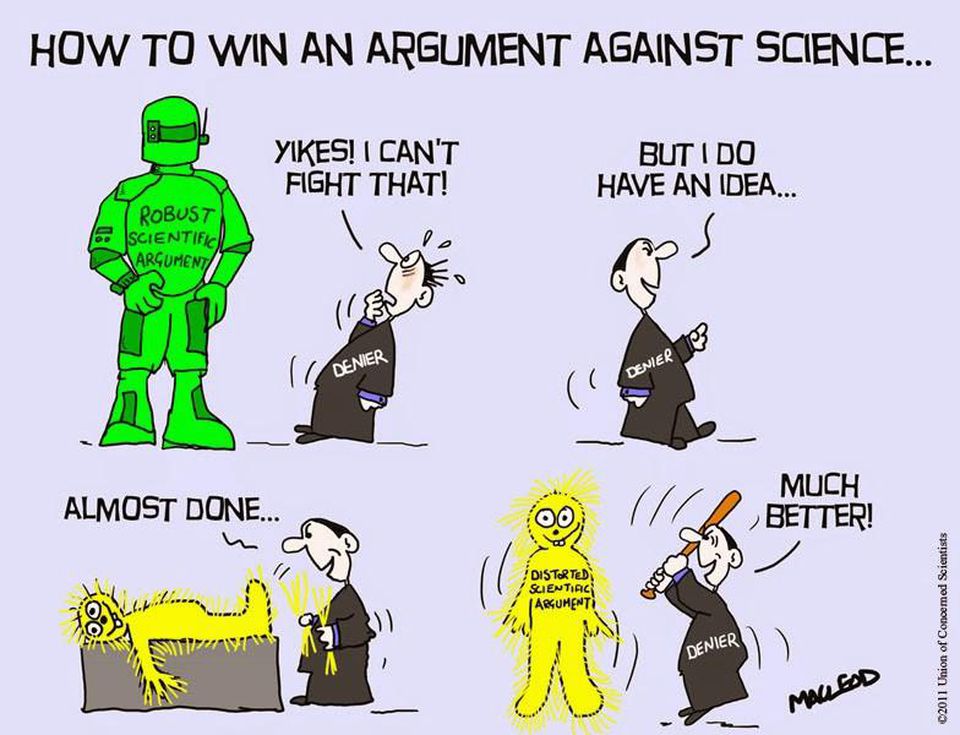
Which is a tough pill to swallow. I know — like many of you — I grew up with the mentality that “if you want something done right, do it yourself.” And like many of you, this mentality came out of my own experiences: relying on the work of others usually meant being disappointed in the finished product. So going through this process of actually becoming a scientist was a bit of a shock for me, where many of the ideas I would think of would be immediately dismissed by someone more senior than I was.
But I soon came to realize that there were good reasons for these dismissals: they had a more complete set of knowledge than I did that they were drawing from. Moreover, once my set of knowledge expanded, I could see why these were bad ideas. And in many cases, I could see why certain conclusions seemed inevitable while other, alternative ones seemed virtually impossible.
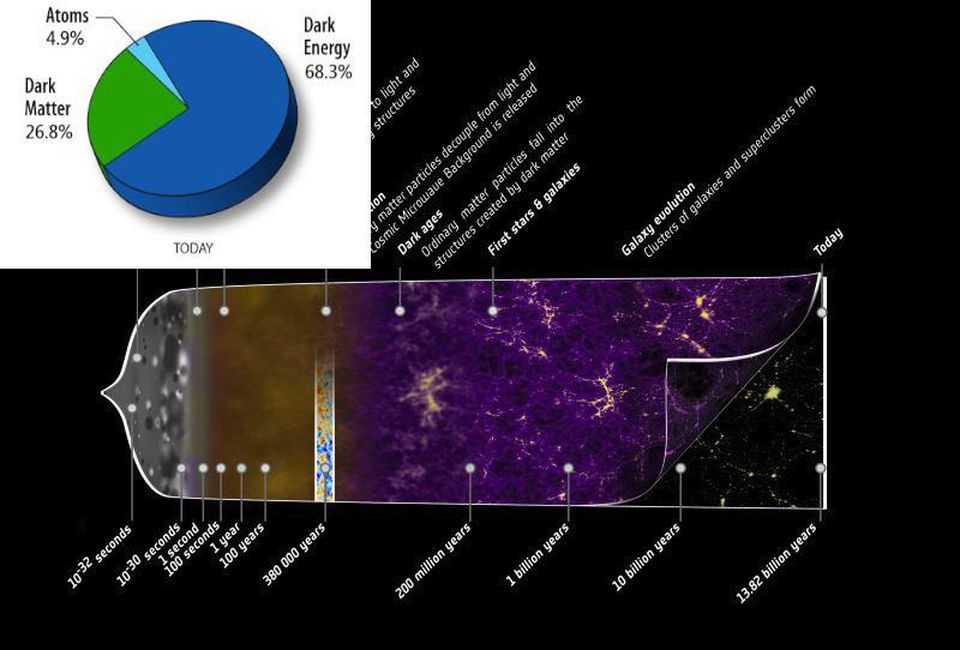
Take the Big Bang, for example. Shortly before his death just a few years ago, Geoffrey Burbidge lamented how no one was coming up with serious alternatives to the Big Bang any longer. Burbidge, indeed, was a proponent of the Steady-State model going all the way back to the 1950s. After all, when you have an expanding Universe, extrapolating backwards to a hotter, denser, more uniform state isn’t a given.
But then you realize that there are very specific predictions that are laid out by every theoretical idea you can put out there, as well as a whole slew of observational facts they need to be consistent with, including:
- all the confirmed predictions of General Relativity,
- all of the fundamental, physical conservation laws,
- and all of the observable phenomena we’ve ever seen in the Universe.
What the Big Bang predicted that no alternative idea ever has (all the way up to the present day) is an almost perfectly uniform, blackbody spectrum of radiation that would just be a few degrees above absolute zero, coming from all directions in the sky, as well as an abundance of the lightest elements (hydrogen, deuterium, helium-3, helium-4, and lithium-7) that comes in specific, consistent ratios, and that depends only on the observed ratio of baryons-to-photons in the Universe.
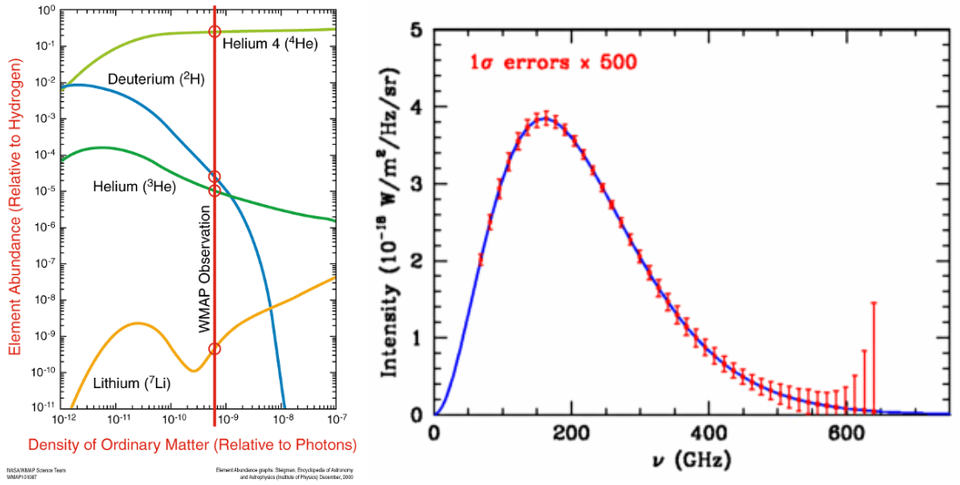
Both of these predictions were later borne out by observations, and to this day, the Big Bang is overwhelmingly accepted by scientists actively working in the field as the consensus position. What’s vital to realize about this is not that the consensus is immune to challenge; quite to the contrary, it’s important for these challenges to occur. It’s necessary for the progression of science that we dare our most cherished assumptions and conclusions to live up to the inquisitions posed to it by new data, methods, observations and tests. The cracks we find in our theories and ideas are what lead to scientific progress. And quite often, the people probing at the cracks are the very ones who oppose the consensus position.
But with that in mind, when we talk about science being settled, we’re not talking about “scientific consensus” as the final answer, but rather as the starting point that everyone agrees on. Future research is usually not based on trying to find alternatives that work better (although we’re always open to it), but rather on how to refine and better understand what’s going on.
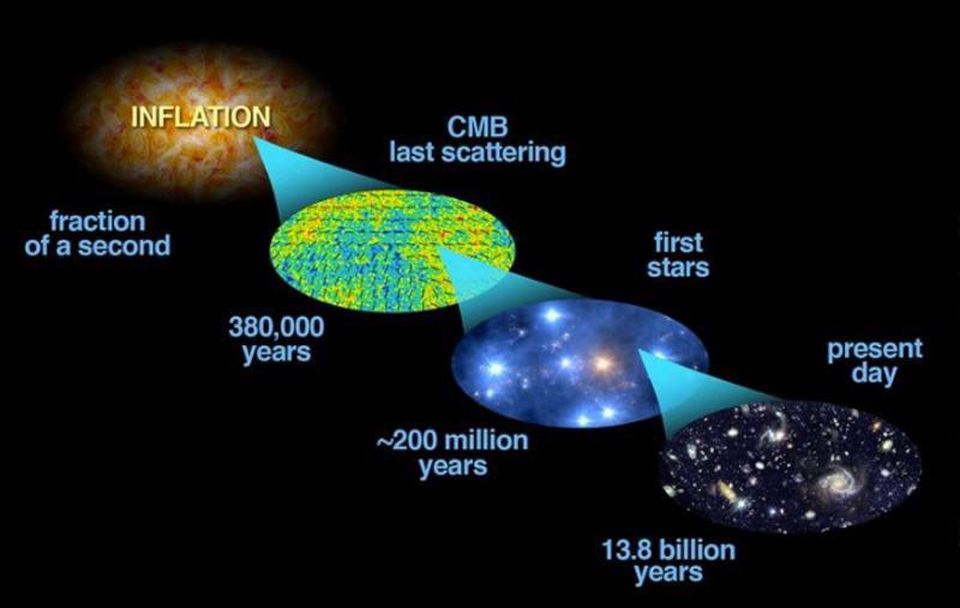
For the Big Bang, this has led to questions (and answers) concerning the shape and size of the Universe, the composition of what makes it up, and what initial conditions (and even what physics gave rise to those initial conditions) were necessary for it to begin. When we talk about scientific consensus, we’re talking about an understanding that is thought to be so solid that it will require a whole slew of observations, measurements and experiments to have been grossly misinterpreted for this conclusion to have been reached incorrectly.

Think about evolution, for example. Many people still rally against it, claiming that it’s impossible. Yet evolution was the consensus position that led to the discovery of genetics, and genetics itself was the consensus that allowed us to discover DNA, the “code” behind genetics, inherited traits and evolution.
The safety and effectiveness of vaccines goes back to Louis Pasteur and even earlier to cowpox/smallpox, and our understanding of germ theory, disease spreading and herd immunity has allowed us to build on that even further. Public health measures like fluoridated drinking water also fall into this category, and global warming — driven by human modification of the ecosystem, particularly the atmosphere and biosphere — is the starting point for discussions about the Earth’s climate.
The scientific consensus may turn out to be incomplete, and it’sconceivable (but not likely) that in some of these cases, there may turn out to be a better explanation for what’s occurring. But there is no scientific conspiracy or collusion. To make it as a scientist, you have to be passionate about relentlessly pursuing the truth the Universe tells us about itself, no matter where it leads you. You have to be willing to challenge your assumptions, to test them, and to build off of the quality work of others. Your results must be independently reproducible, and your conclusions must be consistent with the full suite of results that are out there, both in your sub-field and in related fields.
If you want to construct an accurate picture of what governs the Universe, you need to build on all that we’ve learned up to this point. And when we say “scientific consensus,” that’s what we’re talking about: things we’ve already learned, and the solid foundation for where we go from here. And if there really is a problem with the consensus, it’s going to be the internal community of experts within that sub-field that’s going to find it. Believe me: as a scientist, there’s nothing we like more than learning something surprising and new.
Astrophysicist and author Ethan Siegel is the founder and primary writer of Starts With A Bang! His books, Treknology and Beyond The Galaxy, are available wherever books are sold.
Forbes

